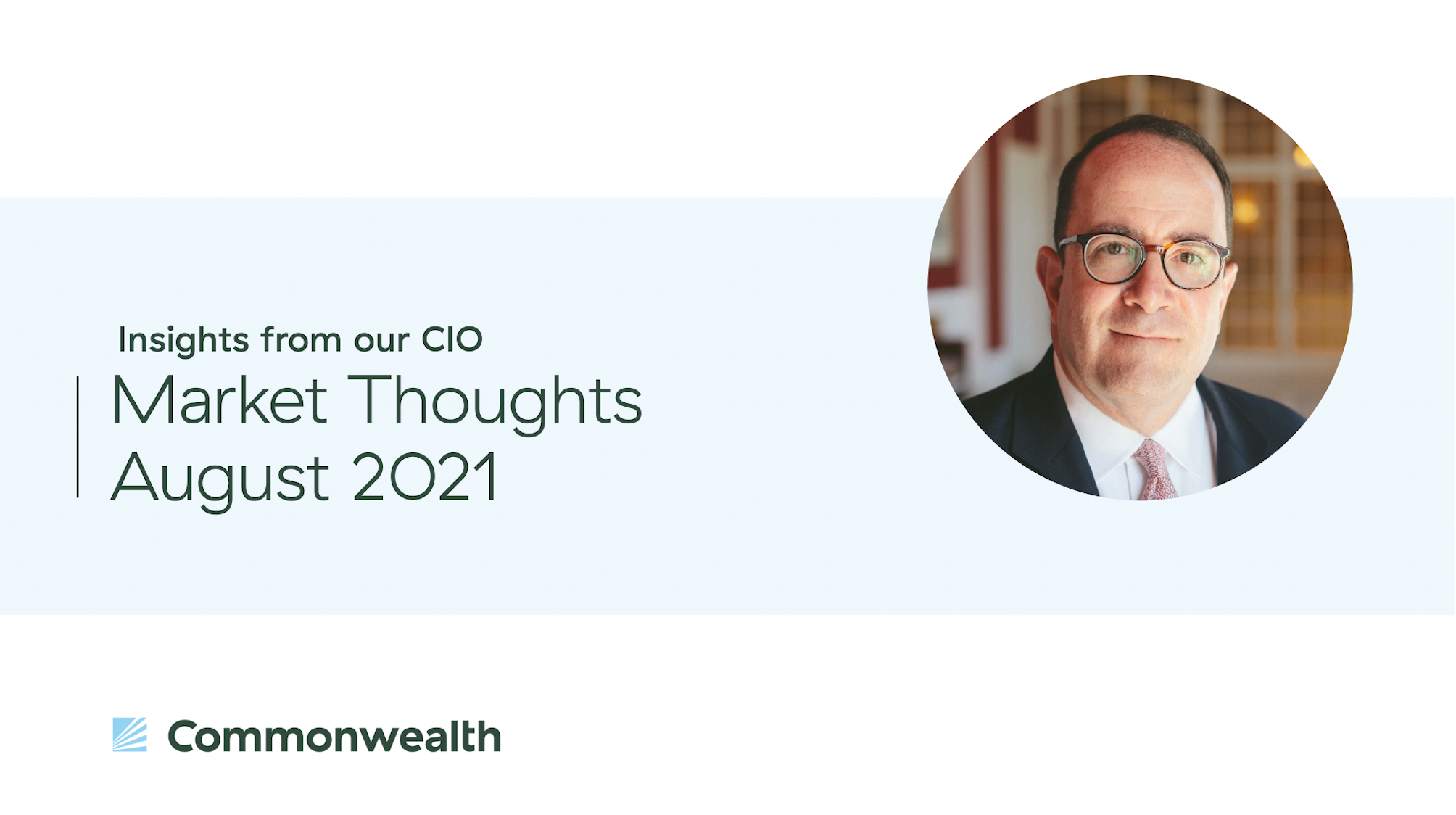I originally shared this post back in 2014, but I think you will find it still offers some valuable lessons for today. — Brad
I thought it would be fun to share a couple of videos that offer some entertaining—and surprisingly accurate—lessons in economics. Even better, they do so à la rap!















